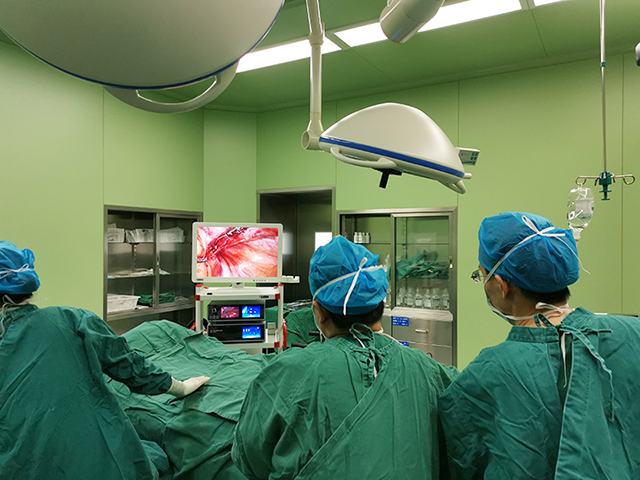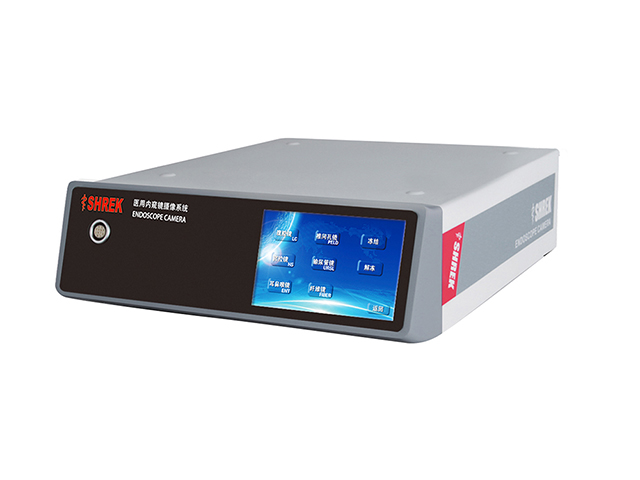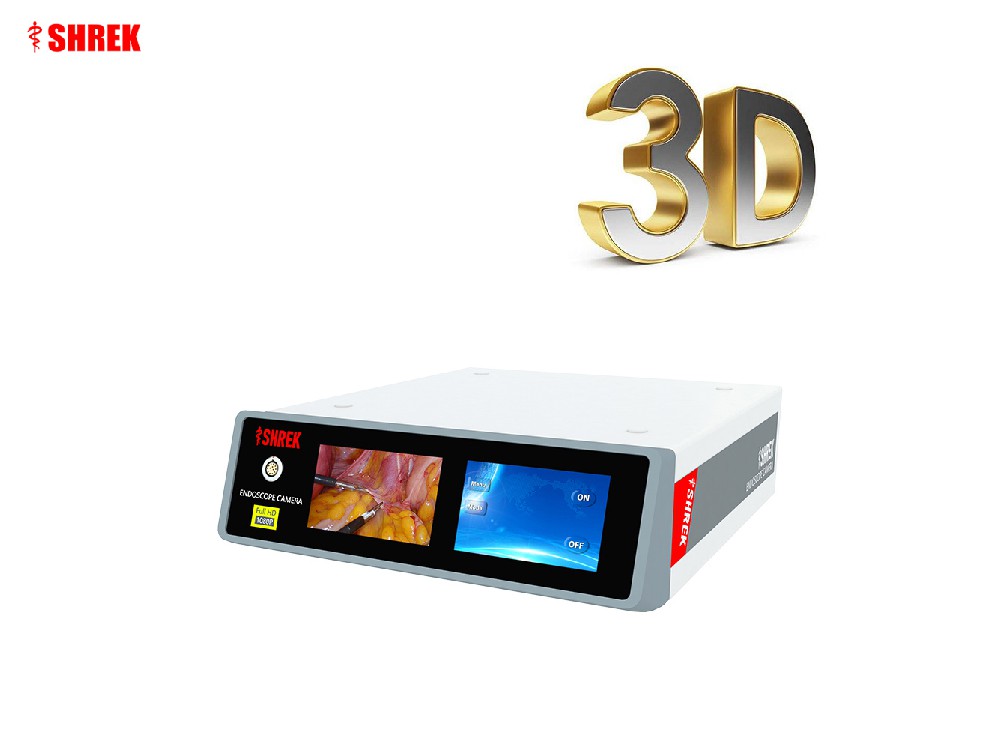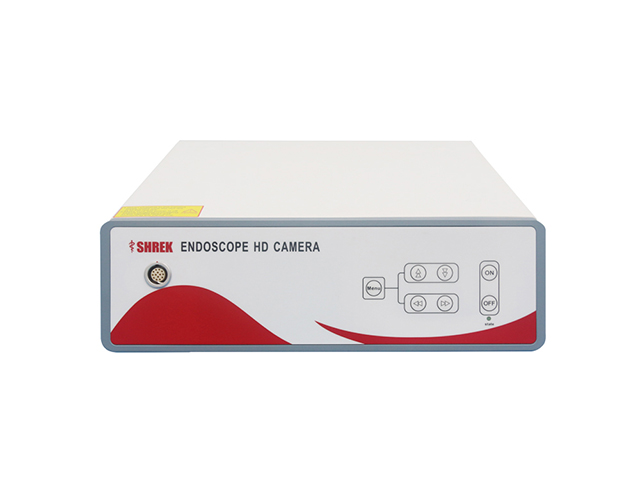SHREK NEWS
What preparations are required for medical endoscopic camera examination

Preparations for a medical endoscopic camera examination may vary depending on the specific type of examination, but here are some general steps that may be required:
Fasting: You may be asked to fast for several hours before the examination, especially if the endoscope is being used to examine your digestive tract. This is done to ensure that your stomach is empty and there is no risk of vomiting or inhaling stomach contents during the procedure.
Medications: If you are taking certain medications, such as blood thinners, you may need to stop taking them for a specified period before the examination. Your doctor will provide you with specific instructions regarding your medications.
Clothing: You will need to wear loose and comfortable clothing for the examination, and you may be asked to remove any jewelry or other accessories that could interfere with the procedure.
Bowel prep: If you are having a colonoscopy, you will need to follow a bowel prep regimen to clean out your colon before the procedure. This may involve taking a laxative or enema to help empty your bowels.
Anesthesia: Depending on the type of examination and your medical history, you may be given a sedative or anesthesia to help you relax and reduce any discomfort during the procedure.
Consent: You will need to sign a consent form before the examination, which will outline the risks and benefits of the procedure, as well as any possible complications.
It's important to follow your doctor's instructions carefully to ensure that the examination goes smoothly and safely.




